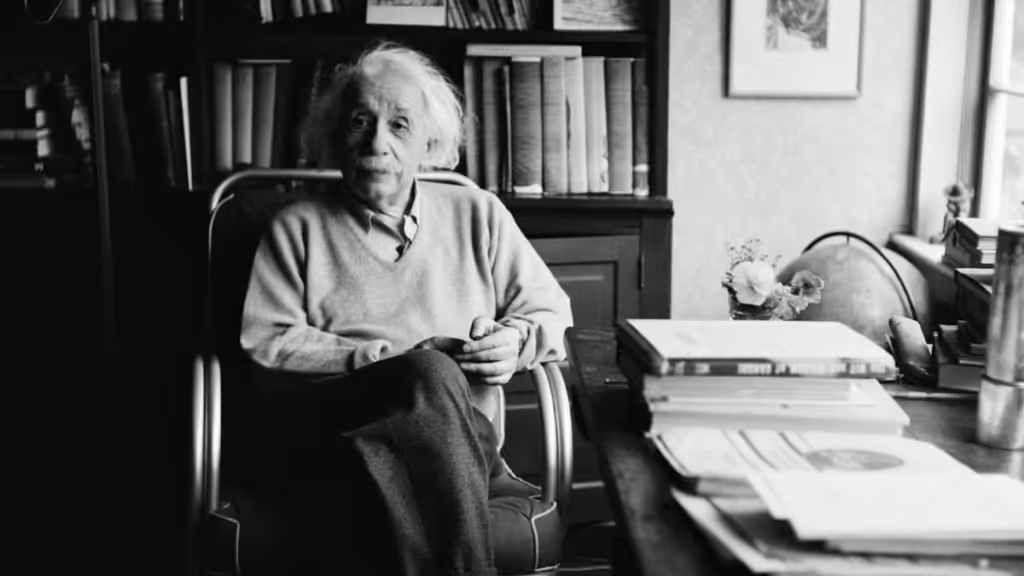
Table of Contents
Up until his death, Albert Einstein remained dedicated to his search for a unified theory that could explain the complexities of space and time. Known for his intellectual rigor and disciplined approach to science, his personal life stood in stark contrast—marked by disorder and emotional turmoil.
Einstein married twice, first to his former student, Mileva Marić, and later to his cousin, Elsa. Both marriages were fraught with difficulties, including numerous extramarital affairs. In letters made public, Einstein described the unhappiness he endured in his first marriage, characterizing Mileva as a depressed and jealous woman. Of their two sons, Einstein notably expressed regret over his younger son, Eduard, who suffered from schizophrenia, confessing that he wished Eduard had never been born. His second marriage to Elsa, meanwhile, was acknowledged by Einstein as a relationship built on convenience rather than love.
New letters revealed a different side of Einstein
Newly uncovered letters have revealed a more nuanced side of Albert Einstein, challenging the previously established portrayal of him as a cold and distant husband and father. While past biographers often depicted him in this light, the release of nearly 1,400 previously unseen letters in 2006 paints a more complex picture of his relationships with his wives and children.
These letters demonstrate that Einstein showed empathy and concern for his family. Notably, he allocated part of his 1921 Nobel Prize winnings to support his first wife, Mileva, and their children. He expressed affection for his son Eduard, writing about how much he cherished the poetry and pictures he received from him. Reflecting on Eduard’s struggles, Einstein said, “The more refined of my sons, the one I considered really of my own nature, was seized by an incurable mental illness.”
In his second marriage to Elsa, Einstein openly discussed his affairs and maintained communication about his travels and personal reflections. In a letter from 1921, he shared details of his daily life, remarking, “My lectures here are already behind me. This morning quartet — very beautiful, like old times. The first violin is played by a youth of 80 years! Soon I’ll be fed up with the relativity. Even such a thing fades away when one is too involved with it.”
These letters offer a more balanced view of Einstein, highlighting not only his intellectual pursuits but also his personal complexities.
Einstein recognized his personal failures
Einstein acknowledged his personal shortcomings in relationships. Despite his flaws, Elsa chose to remain by his side and expressed her perspective in a letter, stating, “Such a genius should be irreproachable in every respect. But nature does not behave this way; where she gives extravagantly, she takes away extravagantly.”
However, it is clear that Einstein was not devoid of conscience regarding his personal failures. In a letter to a young gentleman, he candidly reflected, “What I admire in your father is that, for his whole life, he stayed with only one woman. This is a project in which I grossly failed, twice.”
For all of Einstein’s celebrated genius, his romantic life revealed his profound humanity and connection to the complexities of earthly existence.
